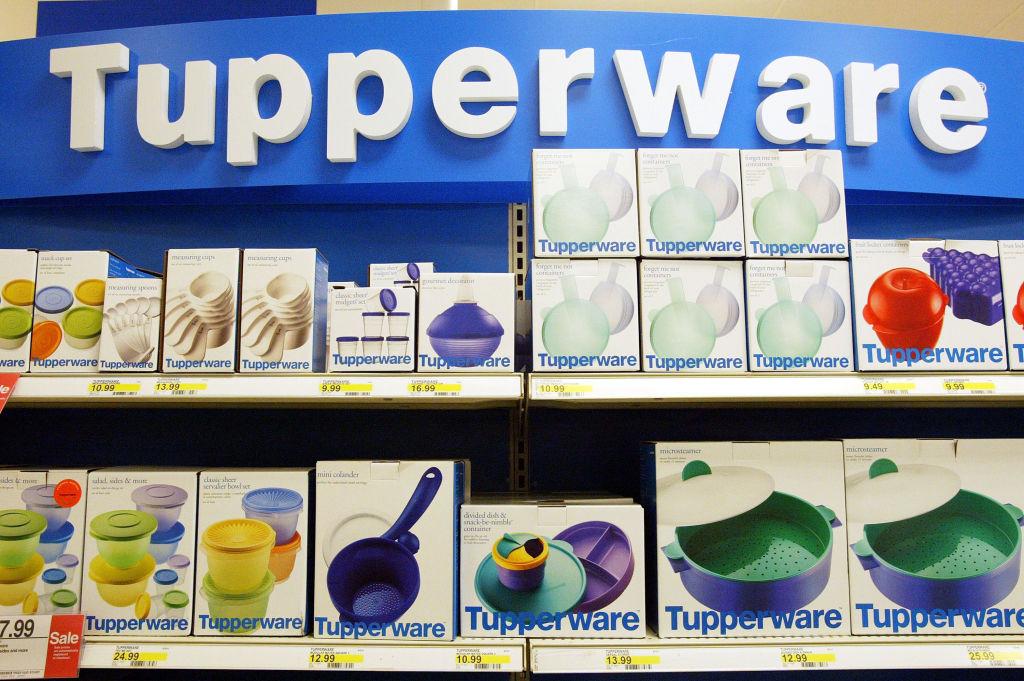Iconic kitchen brand Tupperware could wind up operations anytime as the company tries to resolve a liquidity crunch, sending shares crashing.
Tupperware has determined that “a violation of its credit agreement covenants is probable to occur as a result of forecasted non-compliance with financial covenants and the company’s delay in filing its Form 10-K, as well as cash constraints caused by higher interest costs and timing of re-engineering actions,” according to an April 3 regulatory filing with the U.S. Securities and Exchange Commission (SEC).





